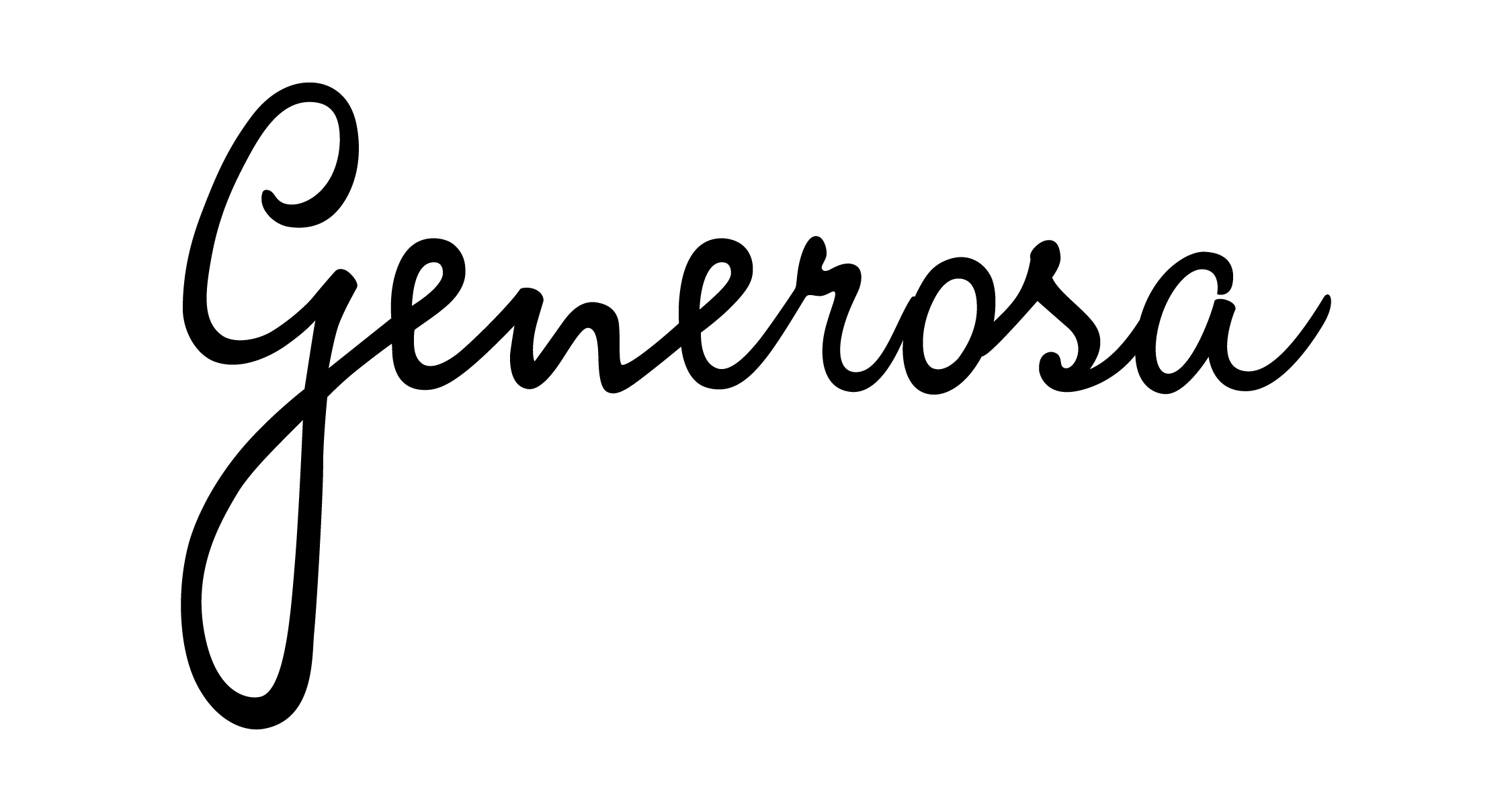The answer is yes.
But we are going to explain why and how you should use hydrogen peroxide to prevent and treat some of your plants' problems.
The composition of hydrogen peroxide is very similar to water (H2O), but with an additional oxygen atom (H2O2). As it is an unstable molecule, it is easily decomposed in water and the additional oxygen atom will attach itself to another organic molecule that is nearby.
This is the true quality of hydrogen peroxide to control fungi and bacteria present in the potting soil of your plants, as many of these organisms and their spores, which cause disease in plants, are killed by this oxygen atom.
Hydrogen peroxide is effective in eliminating existing infections, but if used too much it will “sterilize” the entire potting soil killing not only the “bad” organisms but also the “good” ones and can even burn the roots if not diluted.
Hydrogen peroxide is thus effective in controlling:
- Pests present in the potting soil, such as “fungus gnats” mosquito larvae;
- Diseases caused by fungi and bacteria that lead to root rot.
You should only use hydrogen peroxide (10 vol.) when you detect any of these problems, by diluting 1 part hydrogen peroxide to 4 parts water.
Repeat the treatment whenever you water your infected plant and until you start to see improvements in its appearance.
DISCOVER OUR PRODUCTS


